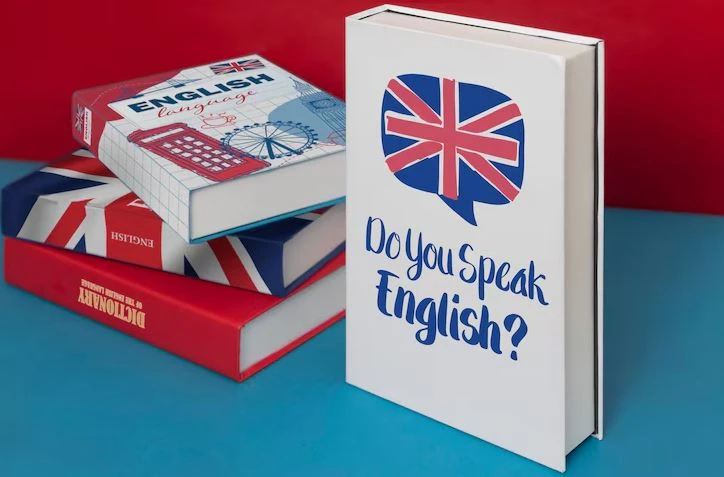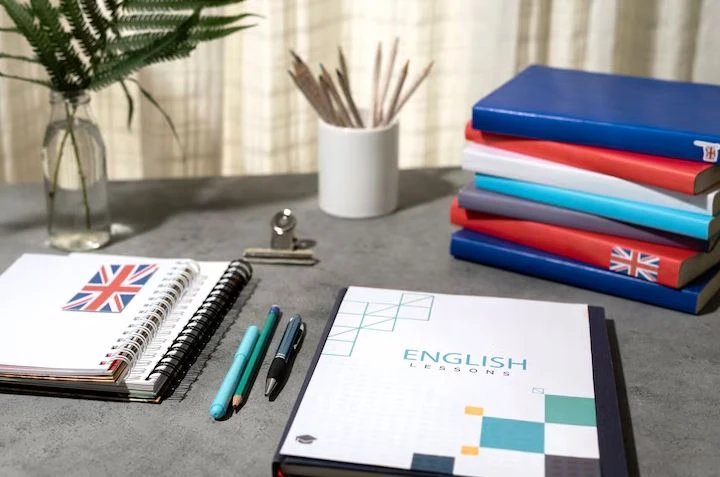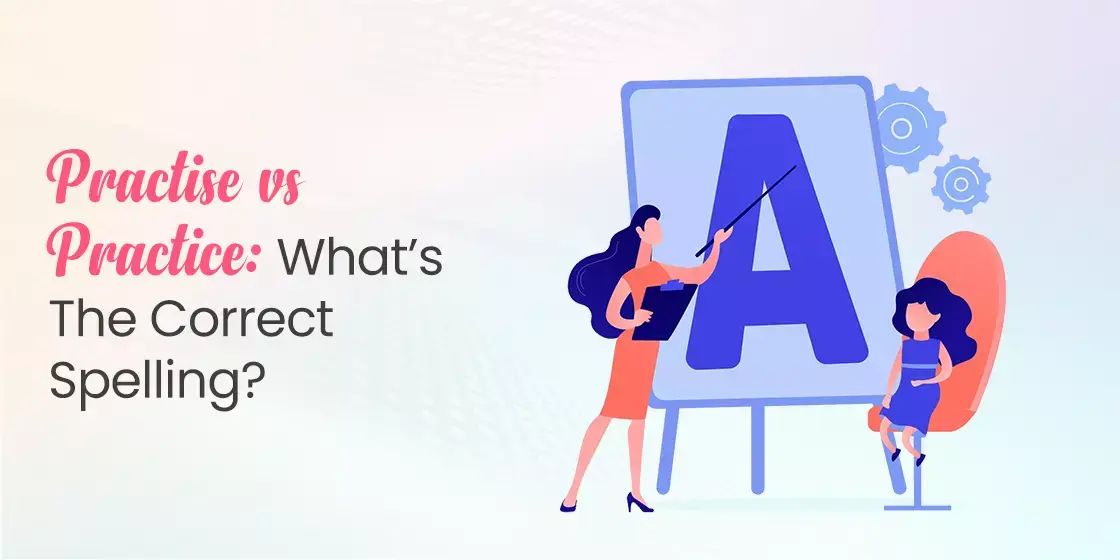Table of Content
Know Why Writers Make Spelling Mistakes While Using Particular Words
Both novice and experienced writers often find themselves making spelling mistakes. They do this not simply out of carelessness, but because the English language is full of subtle traps. Homophones, regional variations, and words with similar spellings but different functions can easily lead to confusion. Even with modern spellcheckers, it’s possible to choose the wrong word if it sounds correct or appears familiar.
One classic example is the difference between “practice” and “practise.” Though they sound the same, their usage depends on which version of English you’re following. In British English, “practice” is a noun, while “practise” is the verb. In American English, however, “practice” serves as both noun and verb, making the distinction irrelevant. This inconsistency can be frustrating for writers who move between the two systems or aren’t entirely sure which form is appropriate.
Such spelling mix-ups may seem minor, but they can influence how a reader views the writer’s attention to detail and command of language. Understanding the reasons behind these common errors and learning from cases like practise vs practice helps writers sharpen their skills and communicate more clearly. In this blog, we will take a detailed look how writers should pay attention to words like these, especially when they are offering article writing services to different types of western clients.
Differences of British vs American English

British and American English differ in several key areas, including spelling, vocabulary, grammar, and pronunciation. One of the most noticeable distinctions lies in spelling conventions. For example, British English favors spellings like “colour”, “centre” and “theatre”, whereas American English simplifies these to “color”, “center” and “theater”. These differences often stem from historical changes initiated by figures like Noah Webster, who aimed to reform and simplify American spelling in the 19th century.
Vocabulary is another area where the two versions diverge. Positive words that are commonly used in one variant may either be unfamiliar or mean something entirely different in the other. For instance, in British English, the word “boot” refers to the storage compartment of a car, while in American English, it’s called a “trunk”. These distinctions can lead to misunderstandings, particularly for learners of English or people communicating across regions.
Grammatical differences also exist between the two sides. In British English, collective nouns like team or government can take either singular or plural. In contrast, American English generally treats collective nouns as singular. There are also differences in preposition use, past tense verbs, and the use of the present perfect tense. While these variations rarely differ mutual understanding, they highlight the rich diversity within the English language.
Practise vs Practice: Which One to Use?

The difference between practise vs practice primarily depends on whether you’re using British or American English. In British English, the two forms serve different grammatical functions. Practice is the noun, and practise is the verb. This distinction follows a pattern similar to other British English word pairs like advice (noun) and advise (verb).
In contrast, American English simplifies things by using “practice” for both the noun and the verb. The verb form “practise” with an “s” is not used at all in standard American English, which avoids the noun-verb distinction seen in British usage. This can lead to confusion for learners or writers who are switching between the two systems or are unsure of which to follow.
So, which one is correct? The answer depends on the variety of English you’re using. If you’re writing in American English, practice is always correct for both noun and verb forms. If you’re writing in British English, use practice for the noun and practise for the verb. Being consistent with your power words based on the region you’re targeting is key to maintaining clarity and correctness in your writing.
Examples of Using Practice in Sentences
People who speak American english generally use practice in sentences. It looks more suitable to them due to being easy in pronunciation. Here’s how it is used in sentences.
- She has piano practice every Tuesday evening.
- The basketball team stayed late for extra practice.
- You need more practice before the big recital.
- It takes years of practice to become a professional violinist.
- He runs a dental practice in the city center.
- The doctor’s practice closes at 6 PM.
- They opened a joint legal practice after graduating from law school.
- I try to practice mindfulness every morning.
- She practices yoga to stay calm, focused and happy.
- He practices the guitar for an hour each day.
- Good communication is essential in medical practice.
- The coach stressed the importance of regular practice.
- She wants to open her own veterinary practice someday.
- It’s important to practice what you preach.
- He’s practicing his speech for the wedding tomorrow.
Examples of Using Practise in Sentences
People who are native British english speakers, often use practise in the sentences. Its spelling looks unorthodox, yet it is preferred by the people who want to stay with the original roots of the spelling. Here’s how practise can be used in sentences properly.
- I try to practise my French for at least 30 minutes every day.
- She needs to practise more if she wants to pass her driving test.
- He likes to practise the piano before dinner.
- They practise football every weekend at the local park.
- You should practise your presentation a few more times.
- We are encouraged to practise mindfulness at work.
- Doctors must practise under supervision before becoming licensed.
- Please practise your lines for the school play.
- She practises yoga to help manage stress.
- He practised speaking slowly to improve his clarity.
- If you practise regularly, you’ll get better over time.
- I want to practise sketching portraits this weekend.
- The team will practise penalty kicks after the main session.
- You need to practise what you preach.
- They practised their dance routine until it was perfect.
Frequently Asked Questions
| What are the differences between American and British English? American and British English differ in spelling, vocabulary, grammar, and pronunciation. These differences should be remembered while addressing to respective audiences. |
| When should I use practise and practice? You should use practice as a noun and practise as a verb. In American English, use practice for both noun and verb forms. |
| When should I use color and colour? Use color when writing in American English and colour when writing in British English. Both words mean the same thing; the difference is purely regional spelling. |
Final Words
That brings us to the end of this blog in which we have discussed whether practise vs practice should be used in the sentences. As a writer, it is important for you to remember the correct spelling of every word. You cannot just afford to do typos or spelling mistakes while writing listicle articles or copies for clients. It is therefore important to understand the correct spelling of every word, as well as the differences between them related to the British and American accents.

Unleash your brand story`s potential with eContentSol – your creative writing companion. We craft narratives that captivate. Ready to elevate your content game? Dive into creativity with us and let`s bring your ideas to life.


